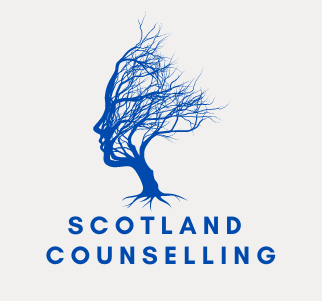Symptoms
The symptoms of emotional trauma can vary widely from person to person. Still, they may include anxiety, depression, helplessness or hopelessness, flashbacks or nightmares, dissociation, avoidance behaviours, and difficulty forming or maintaining relationships.

Treatment for emotional trauma
Counselling and psychotherapy are common and effective treatments for emotional trauma. These therapies involve working with a trained mental health professional who can help you process your emotions, develop coping strategies, and work towards healing and recovery.
Cognitive-behavioural therapy (CBT) is a type of therapy that focuses on helping individuals identify and change negative thought patterns and behaviours that are contributing to their emotional trauma. This therapy can be particularly effective for individuals who are experiencing anxiety or depression as a result of their trauma.
Dialectical behaviour therapy (DBT) is another therapy that can be effective for emotional trauma. This therapy focuses on developing skills to manage intense emotions, regulate mood, and improve interpersonal relationships.
Eye movement desensitisation and reprocessing (EMDR) is a specialised therapy that involves using eye movements or other forms of stimulation to help individuals process traumatic memories and experiences.
Other forms of therapy that can be helpful for emotional trauma include psychodynamic therapy, group therapy, and art therapy. It’s essential to work with a mental health professional who is trained in treating emotional trauma and who can provide a safe and supportive environment for your healing journey.

Post-Traumatic Stress Disorder (PTSD)
Post-traumatic stress disorder (PTSD) is a mental health condition that can develop in individuals who have experienced or witnessed a traumatic event, such as a natural disaster, combat, sexual or physical assault, or other life-threatening events.
The symptoms of PTSD can include intrusive thoughts or memories of the traumatic event, nightmares, flashbacks, avoidance behaviours, adverse changes in mood or thinking, hyperarousal, and more. These symptoms can significantly impact an individual’s daily life, relationships, and overall well-being.
Treatment for PTSD typically involves a combination of medication and therapy. Drugs such as antidepressants or anti-anxiety medications are used to help manage symptoms, while therapy can help individuals process their emotions and develop coping strategies.
Cognitive-behavioural therapy (CBT) and exposure therapy are two commonly used forms of therapy for PTSD. CBT helps individuals identify and change negative thought patterns and behaviours. Exposure therapy involves gradually exposing them to the memories or situations that trigger their symptoms in a safe and controlled environment. Other forms of therapy, such as eye movement desensitisation and reprocessing (EMDR), may also be used.
It’s essential for anyone experiencing symptoms of PTSD to seek professional help from a qualified mental health professional. With proper treatment and support, individuals with PTSD can learn to manage their symptoms and lead fulfilling lives.









